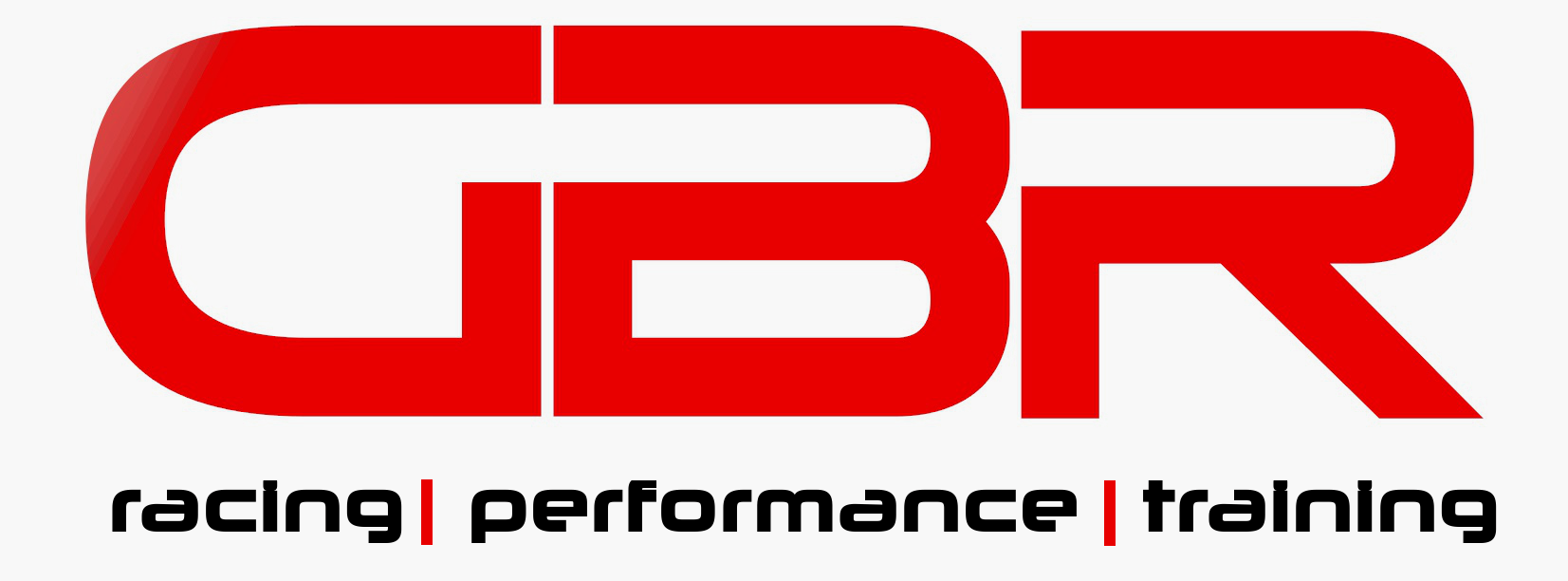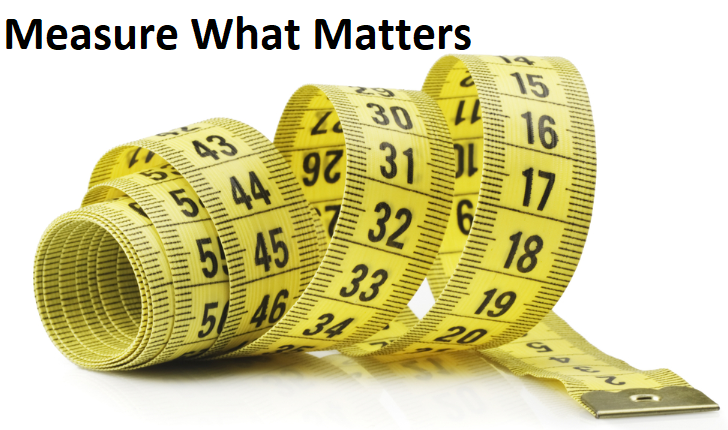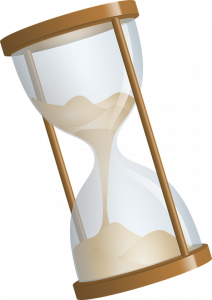Effective use of time is especially important when you find yourself working from home due to COVID-19.
Time is a finite resource, there are only 24 hours in a day, 7 days in a week and 365 days in a year a total of 8760 hours. Yet we somehow manage to waste so much of this precious resource, we spend 33% of it sleeping, which only leaves 67% for everything else.
There is no way to make more time, so we should make effective use of time both creatively and productively.
In the first article in the series we talked about resetting your goals, and this is, without doubt, the one of the best ways to use your time. Be they personal goals or professional goals having an objective will help make more productive use of your time.
A typical working year is just 1792 hours (a little over 20% of your time) assuming 8 hours a day, 5 days a week with 28 days holiday plus 8 bank holidays. So it is vital that you prioritise what you do with this time if you are to make effective use of time.
But we must also take time to focus on ourselves even if it is just for a few hours a week. Before Covid-19 you may have gone to the pub, or played golf, whatever your thing is, this was your time.
So set yourself a personal goal to make use of your time, work out what it will take to achieve it. Then put those resources in place. Tell yourself and others what your goal is, how you are going to achieve it.
Write it on the calendar, then schedule the time required in your daily routine, and keep to it.
This is the principle of Objectives and Key Results or OKRs.
An Objective is your goal. (what you want to achieve)
Key Results are what and how you need to achieve your objective. They should be measurable, specific and time-bound.
Here is an example of a personal goal.
Objective
Learn a particular song on the guitar.
Resources
Resources guitar, online lessons, 20 minutes every day apart from weekends, when it is 30 minutes. 2.65 hours per week.
Key results
Did I practice for 2.65 hours this week?
Was it meaningful practice?
Can I play the chords by week 3?
Can I move between the chords by week 4?
Can I perform the strumming pattern whilst changing the Chords by week 5?
Can I play the Song by week 6?
What other song uses these chord progressions to learn by week 7?
What other song uses these chord progressions to learn by week 8?
Can I play 3 new songs (date), 8 weeks from now?
A skill requires 10,000 hours of practice to master, so by my reckoning it should take around 73 years to master the guitar with that level of time investment.
(This is why I haven’t mastered the guitar, I simply haven’t put the hours in).
Time management is a skill few truly master.
It’s too easy in a modern world to get distracted, and with the added complication of being at home, with everything that it brings, child care, dirty dishes, partners chatting, or nagging, the ironing, the list goes on and on.
But there are a few simple things you can do to make effective use of your time and help keep you focused on achieving your goals.
Having a routine is key, the second in the series of articles looks at routine in more detail.
But you should plan your daily routine and schedule the time required to achieve your goal. If you repeat the same thing many times, it becomes habitual. It also signals to others that you are ‘busy’ and are less likely to be disturbed.
Ask yourself this question before doing anything ‘What am I supposed to be doing?’ then consider if your next action will take you closer to that goal.
Keep a log of your OKRs, a simple visual check of your progress helps both the planning and achieving of objectives. Colour coding works well for tracking progress, a traffic light system of red (0- 30%), amber (31- 60%), green (61- 99%)
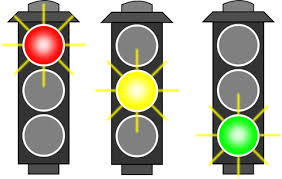
Write your Objectives on a piece of paper, stick them up where people can see them, including your tracking scheme. This serves two purposes:
- It lets others know what you are working towards.
- It reminds you of what you are working towards.
This can be very effective, as everyone is now committed to helping you achieve your objectives and you have to stay focused because otherwise, everyone will see you fail.
Here is an Example of a Professional Goal
Objective
Rank in the Top 3 for the search term best garage in ‘Mytown’ on google
Resources
Resources, website, SEO lessons online, 30 minutes every day apart from weekends 2.5 hours per week.
Key results
Did I work on this for 2.5 hours this week?
Was it effective?
Have I created website content of over 300 words by week 2?
Have I identified the keywords that will help rank by week 3?
Have I set up google analytics correctly by week 4?
Do the metadata and images have the correct tags by week 5?
Have all recommendations by the SEO software been completed by week 6?
Has the online review plugin been tested by week 7?
Do I have a list of other search terms I want to rank for by week 8?
Have the improvements been successful? Do I rank at all by week 8?
Let’s set some tasks and goals and get excited about achieving them!
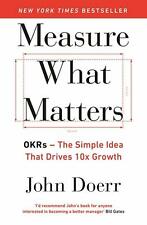
The book Measure What Matters by John Doerr is well worth reading if you are interested in how the goal-setting system of Objectives and Key Results (OKRs) has helped tech giants from Intel to Google achieve explosive growth—and how it can help any organisation thrive.
